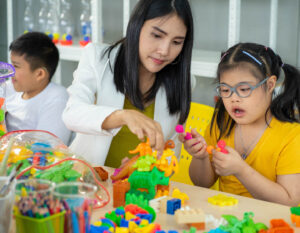
 Post Category - ParentingParenting - Post Category - Toddler & PreschoolerToddler & Preschooler - Post Category - 5-11 Year Olds5-11 Year Olds - Post Category - Tweens & TeensTweens & Teens
Post Category - ParentingParenting - Post Category - Toddler & PreschoolerToddler & Preschooler - Post Category - 5-11 Year Olds5-11 Year Olds - Post Category - Tweens & TeensTweens & Teens Post Category - Health & WellnessHealth & Wellness
Post Category - Health & WellnessHealth & WellnessHelp them keep calm and stay safe!
Often, when we worry about health, it is assumed to be physical. However, in stressful times like these, our mental health is thrust to the forefront. Though some still insist that our physical and mental health are mutually exclusive, when we observe ourselves and those closest to us, we can easily see that this is not at all the case. All aspects of health are inextricably combined.
Currently the outbreak of the Novel Coronavirus (COVID-19) is on everyone’s minds, including those of your children. With school closures and routines being suspended, even the youngest kids understand that something’s up. They observe the hypervigilance toward germs and sense that it must mean something. Your concern is natural, and sharing that with your children is too; however, be mindful that you do moderate these feelings. Being over-concerned about what is happening, what could happen, and what is not happening is anxiety. It is wise to tread lightly with these worries in front of your children, so as to not burden them with your unhealthy thinking. How to talk to kids about diseases (and other uncomfortable topics) in a balanced manner is one of a parent’s greatest challenges, so here are some tips to help you navigate this.
Read more: Tips For Busy Parents To Deal With Forced School Closures
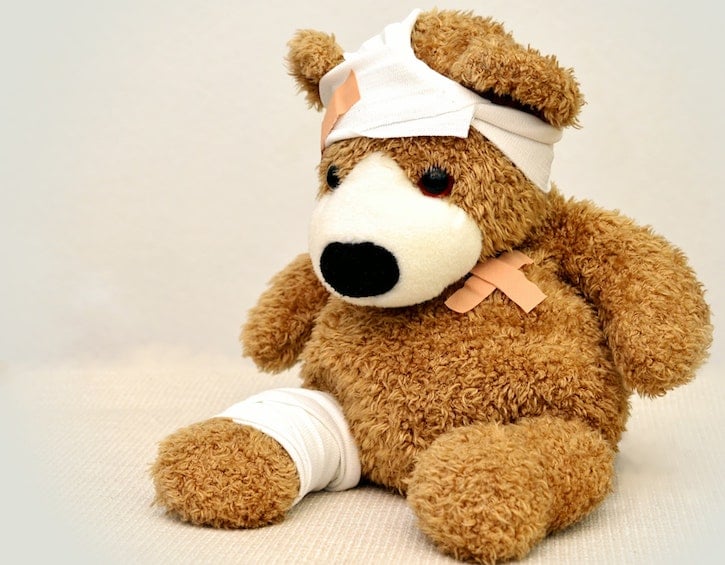
Have a frank discussion
This is the golden rule of mental health management. When there is a health scare as there is now, the sooner you address the issue, the sooner you and your family will be able to cope with the stresses that follow. Consider this a teaching opportunity to help your kids learn about feelings rather than ignoring them. Ask them what they are feeling, what they know, and allow an age-appropriate question and answer session to unfold. If your child is quite young, giving them a few facts and talking about subsequent feelings (such as being afraid or nervous) may well be enough. If they are older, they may rightfully demand more detail. Remain focused on clear and precise facts when you talk to kids about diseases, and use the opportunity to discuss prevention, and the things you can control versus what you cannot.
Read more: Parenting Advice From An Expert: Raising Calm Kids In A Crazy World
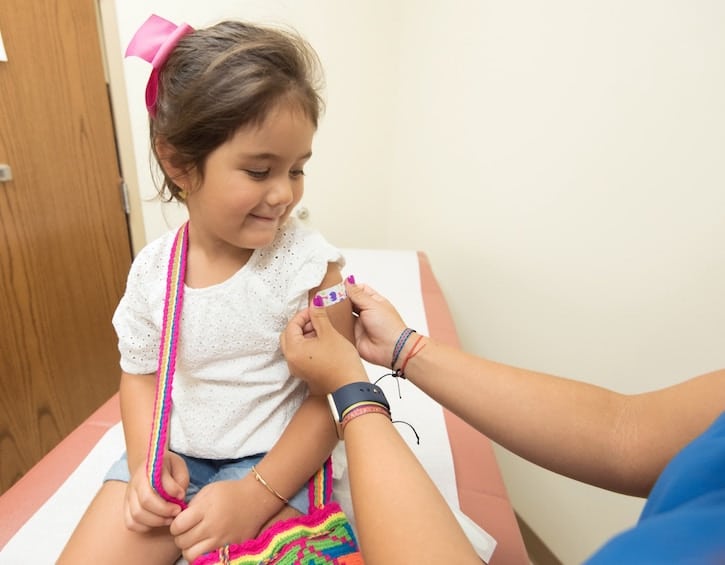
Create a healthy routine
Quarantining your otherwise healthy children in a small apartment can be tricky. If you have not created a new routine, start right away – regular, healthy meals, structured home learning, outdoor movement and lots of sleep can be worked into each day. This creates order, purpose and, of course, strong immune systems.
Many leisure facilities that do not charge a fee remain open – so skate parks, playgrounds, beaches and hiking trails are still available to explore. You can still go outside if you wish and find spaces that are quiet and allow for mask-free freedoms.
Read more: How To Boost Your Immunity During The Winter Flu Season
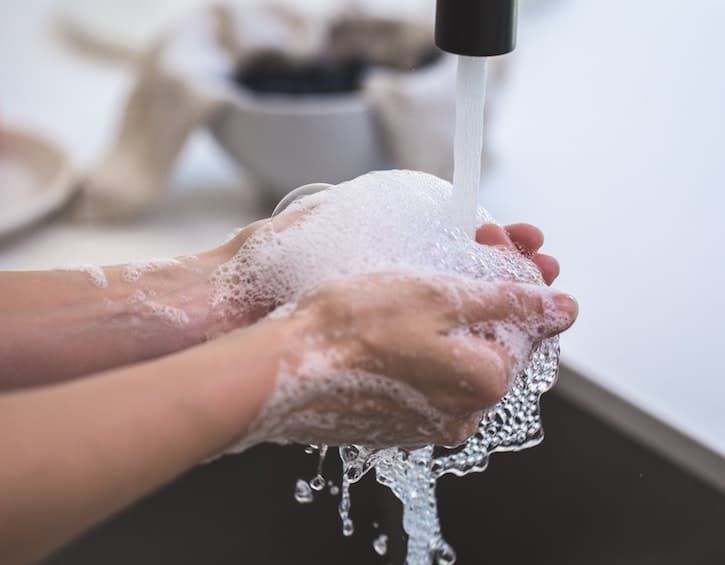
Take and teach mindful precautions
The key point to emphasise when you talk to kids about diseases is that prevention is better than cure. In the case of the COVID-19, the most effective way to stave off the disease is to be diligent about washing your hands before touching your face. Constantly reminding your children not to touch anything – escalator handrails, buttons in the lift, door handles and so forth can be exhausting and fear inducing. So how can you implement stringent hygiene measures, without going overboard?
School-aged children (and even some preschoolers) are already familiar with hand washing and what they are supposed to do after coughing or sneezing. They may even know songs to sing while washing, or games to play – just ask them! You can explain that the same rules apply, especially during a busy flu season like this one. Shuttling your little ones into the washroom as soon as they walk in the door should become a habit (if it is not already). Reiterate the CDC’s guidelines – wet, lather, scrub, rinse, dry. The lather and scrub stages should take 20 to 30 seconds, and do not forget to get under the nails (or keep them trimmed short). Make it into a game and give the children points for remembering themselves and reminding others (they will be thrilled if they catch a parent out!). Hand sanitiser is a good backup, but should only be used when soap and water is unavailable.
Read more: Seasonal Influenza: Here’s What You Need To Know
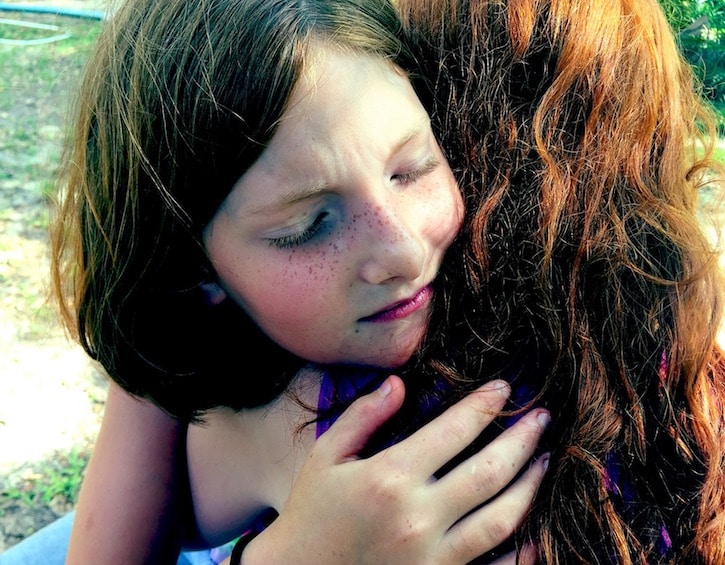
Parental sanity
As working or stay-at-home mums can both testify, having the kids at home full time (while keeping them happy, healthy and getting their home learning done!) can be a challenge. The same guidelines apply to you: eat well, regulate your alcohol intake (though that glass of wine may never have looked more inviting!), get generous sleep and regular exercise. It is important to find a community. The government’s recommendations to isolate can naturally lead to feelings of isolation. Be sensitive to your moods especially if they seem disordered. Social connection, be it informal chats with friends, or more structured sessions with a counsellor therapist, is key to maintaining perspective and objectivity.
Most importantly, turn off social media! Or at least limit your access to questionable sources of information (it will help you talk to your kids responsibly about the disease as well). As the virus spreads, so is an equally dangerous “infodemic“. The World Health Organization and the Hong Kong Centre for Health Protection both provide daily data-driven updates that are clear and informative, and provide safety and precautionary information. Use this time to reconnect and spend time with your family and friends, and remember this will pass.
Editor’s note: The author of this piece is running a support group for parents of school-aged children to help deal with the uncertainties of health, safety, and current schooling concerns in HK on Wednesday, 19 February. Email her for more details or sign up here.
Read more: How To Talk About World Events And Raise Informed Children
 View All
View All











 View All
View All



 View All
View All

 View All
View All








